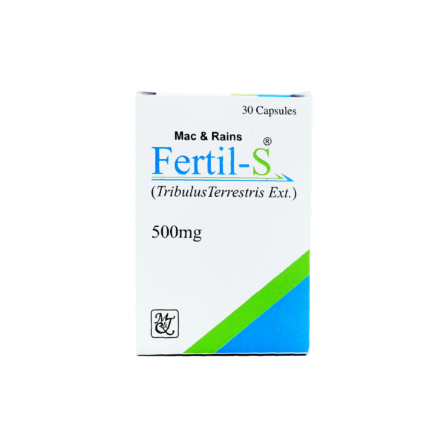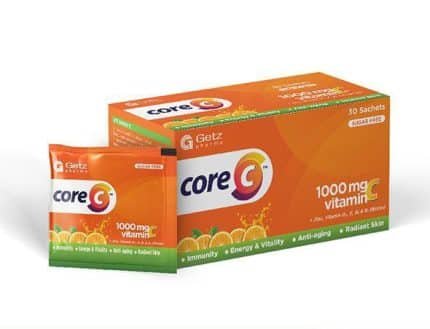Vitamin E is a fat-soluble vitamin that is essential for human health. It is a powerful antioxidant that helps to protect the body’s cells from damage caused by free radicals. It is also important for the health of the skin, eyes, and immune system.
Sources:
Vitamin E is found naturally in many foods such as nuts and seeds, leafy greens, and vegetable oils. The most common form of vitamin E found in supplements and fortified foods is alpha-tocopherol.
Benefits:
Vitamin E has many health benefits, including:
- Acting as an antioxidant to protect the body’s cells from damage
- Helping to improve the health of the skin
- Supporting the immune system
- Helping to reduce the risk of heart disease
- Helping to reduce the risk of certain types of cancer
Recommended daily intake: The recommended daily intake of vitamin E varies depending on age, sex and other factors. The recommended daily intake for adult men is 15mg and for adult women is 15mg.
Side effects:
Vitamin E is considered safe when taken in recommended doses. However, taking high doses of vitamin E can cause side effects such as nausea, stomach cramps, diarrhea, and fatigue. In rare cases, high doses of vitamin E can also cause more serious side effects such as increased risk of bleeding, liver damage, or an allergic reaction.
It is important to note that getting vitamin E from a balanced diet is recommended, rather than relying solely on supplements. Also, it is important to check with a doctor or a healthcare professional before starting any supplement regimen.














